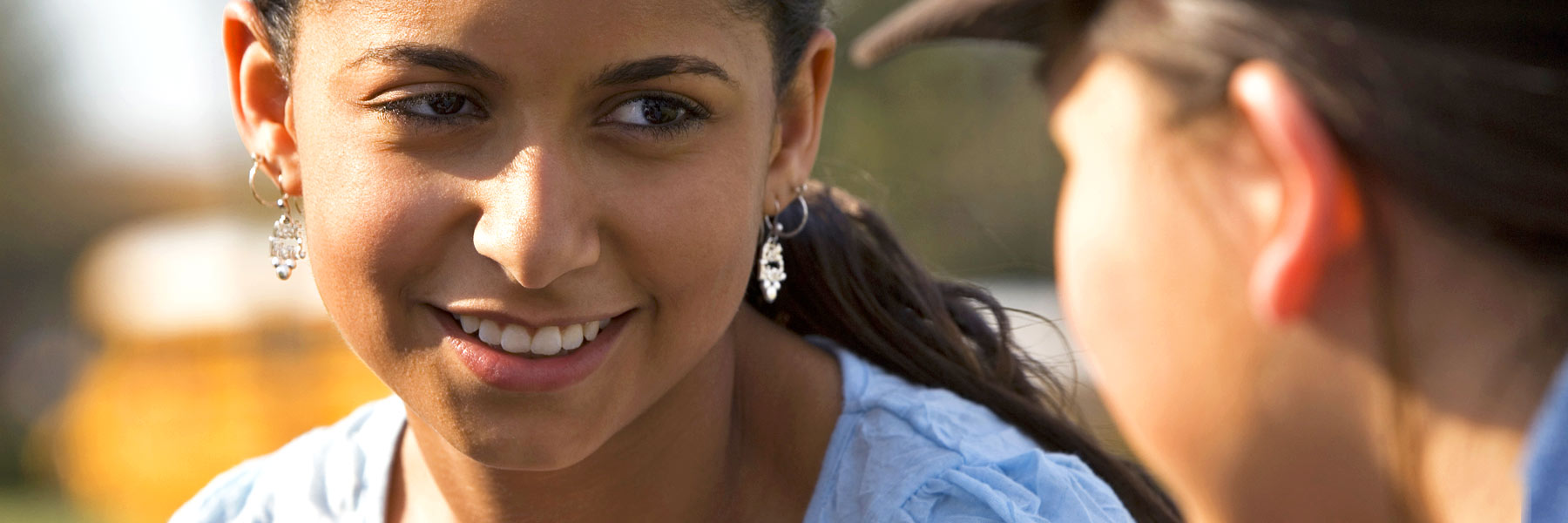Restorative practices emphasize the importance of relationships and the power relationships have to positively influence human behavior. Encompassing both proactive and responsive processes, restorative practices aim to minimize conflict and tensions by building healthy connections. When conflict does occur, restorative practices work to address
A new way of thinking, being, and relating
Work with us
Ready to bring restorative practices to your district or school? PBIS Indiana can help.
Learn about working with PBIS IndianaUsing restorative practices in schools

Restorative practices provide schools with a positive approach to school-wide discipline, offering alternatives to exclusionary practices that negatively affect student learning and achievement. With restorative practices, schools have a framework for building community and for repairing harm and restoring relationships after conflict has occurred.
Restorative practices can be used in combination with the positive behavioral interventions and supports (PBIS) framework or on their own.
Values and principles of restorative practices
Restorative practices incorporate the values of respect and responsibility, a focus on harms and needs, active involvement with all stakeholders, a collaborative and inclusive process, and accountability. As an approach to school-wide discipline, the restorative practices framework emphasizes these principles:
- The likelihood of conflict is reduced when schools create motivated, invested, engaged learners.
- When conflict happens, it should be addressed in a constructive, equitable manner.
- Interventions should resolve and educate rather than just punish and push out.
A tiered framework
Like the PBIS framework, the restorative practices framework is structured in tiers. Approximately 80 percent of restorative practices in a school should focus on prevention, building the social capital needed to support student success.
Tier 1
Practices that actively work to prevent problem behavior
Tier 2
Practices that target negative behaviors to reduce the likelihood of their continuation
Tier 3
More formal practices to support individuals, restore broken relationships, and reintegrate students into the school community
Bring restorative practices to your district or school
Restorative practices provide a powerful framework for changing how schools work with students and families. Training on restorative practices can positively influence individual teacher practice as well as provide a pathway for organizational change.
PBIS Indiana offers training for individuals to explore the benefits of restorative practices or leadership team training for those interested in systemic change. When deciding whether to pursue leadership team training, districts and schools should consider their readiness and capacity for school-wide change.
For information about upcoming


